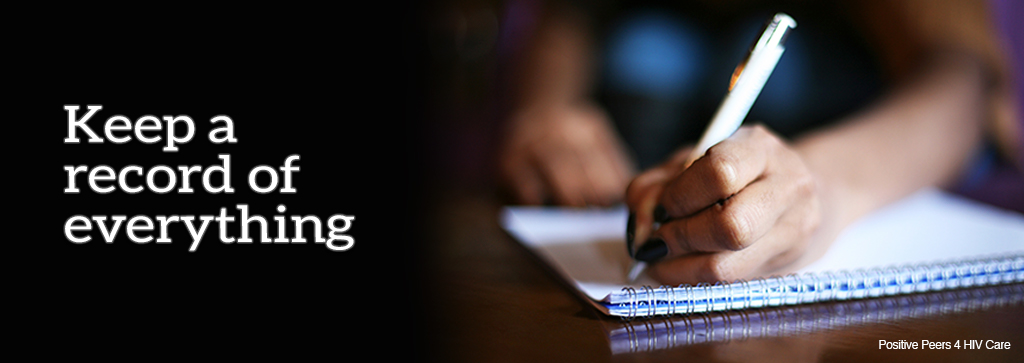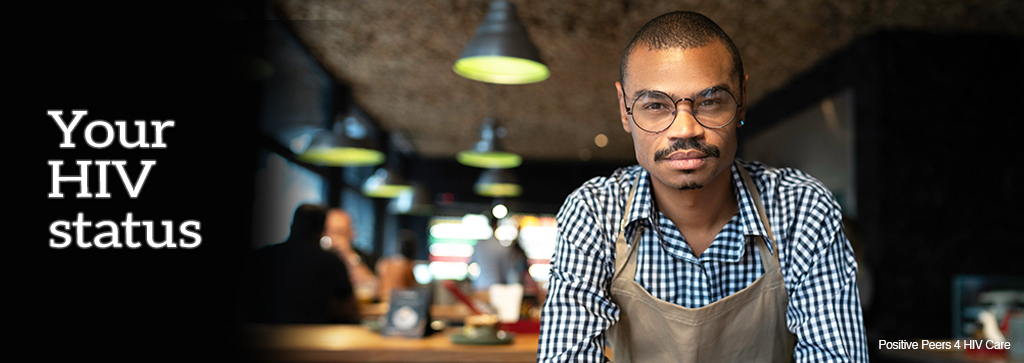
By: Jennifer McMillen Smith, LISW-S, HIV Social Worker at MetroHealth Medical Center and medically reviewed by Ann K. Avery, MD, Infectious Disease Physician at MetroHealth Medical Center
You've heard of workplace harassment. It was probably talked about during orientation when you were hired because it’s a very real and destructive problem that’s way more common than people think. For many reasons, 90 percent of workplace harassment doesn’t get reported.
So, what is workplace harassment? It can be a lot of things, and it's always unlawful. Some examples of workplace harassment include a coworker either verbally or physically harassing you because of your:
- HIV status
- Race
- Religion
- Color
- Sex
- Gender identity
- Sexual orientation
- Disability
- Age if you're 40 or older
- Pregnancy
There are different types of workplace harassment, such as sexual harassment, intimidation, assault, ridicule, and telling offensive jokes.
Now that we know what workplace harassment is, we’re going to talk about what you can do if someone at work is harassing you.

Tell them to stop
If you're trying to stop someone from harassing you at work, you do have options. Sometimes, the person harassing you is especially cruel or intimidating, and telling them to stop isn't an option. But if you feel comfortable enough to do so, you can try telling them to stop what they're doing.

Keep a record of everything
It’s okay if you don’t feel comfortable stepping to the person if it feels unsafe because your safety is what’s most important. Writing down all the instances of harassment is really important, so you have a record of their misbehavior. When you’re writing everything down, make sure you include a lot of details and be specific about what happened. Having a record is especially important if your supervisor is the one harassing you. If possible, try to have witnesses that will back you up. Sometimes you aren’t the only one being harassed. Try to band together with your co-workers for support. However, if they aren’t onboard, mention in your notes that you think your co-workers are getting harassed too.

Check out the employee handbook
Read your employee handbook to see what it says about workplace harassment. Your workplace should have some sort of anti-harassment policy in your handbook. See what steps it asks you to take if you’re being harassed and follow them. However, if your employer doesn’t have any sort of policy, talk to your supervisor, or if necessary, someone higher up about what’s been going on.

Report what’s happening
Your next step is to report what’s happening to you to the U.S. Equal Employment Opportunity Commission (EEOC). There are federal laws that prevent workplace harassment, and the EEOC is in charge of enforcing those laws. If you make a report to the EEOC, it’s completely illegal for anyone to retaliate against you.
Come join our private, stigma-free, supportive community.
Health management tools with medication & appointment reminders.
Social networking in a community conversation & private chats.
Get support!
Living through workplace harassment is difficult. It can make you not even want to go to work, especially if the harassment keeps happening. Having the support of your friends and family is super important for your morale. Having a co-worker you trust to confide in is another great option because they can help keep an eye out for you. Finding a therapist who will help you work through what’s happened to you can make a huge difference.

Your HIV status
You don’t have to disclose your status to your employer unless you're in very specific areas of the medical field, like a surgeon. If you need flexibility or time off to go to doctor’s appointments or if you get an opportunistic infection, then you can apply for an intermittent or continuous medical leave through FMLA (Family Medical Leave Act), if your employer has at least 50 employees. This will allow you to be able to use your sick time without penalty for medical reasons. Most employers use a third-party vendor to administer FMLA, so your employer doesn’t even have to know what the time off if specifically for.
Don’t forget that harassment because of someone’s HIV status is totally illegal and immoral.

It’s never your fault
There are no circumstances in which workplace harassment is every okay. Thankfully, there are things you can do to put an end to the harassment. If you are currently or have been a victim of workplace harassment, it isn’t your fault. Remember, getting harassed is never your fault!
Related Blogs:


